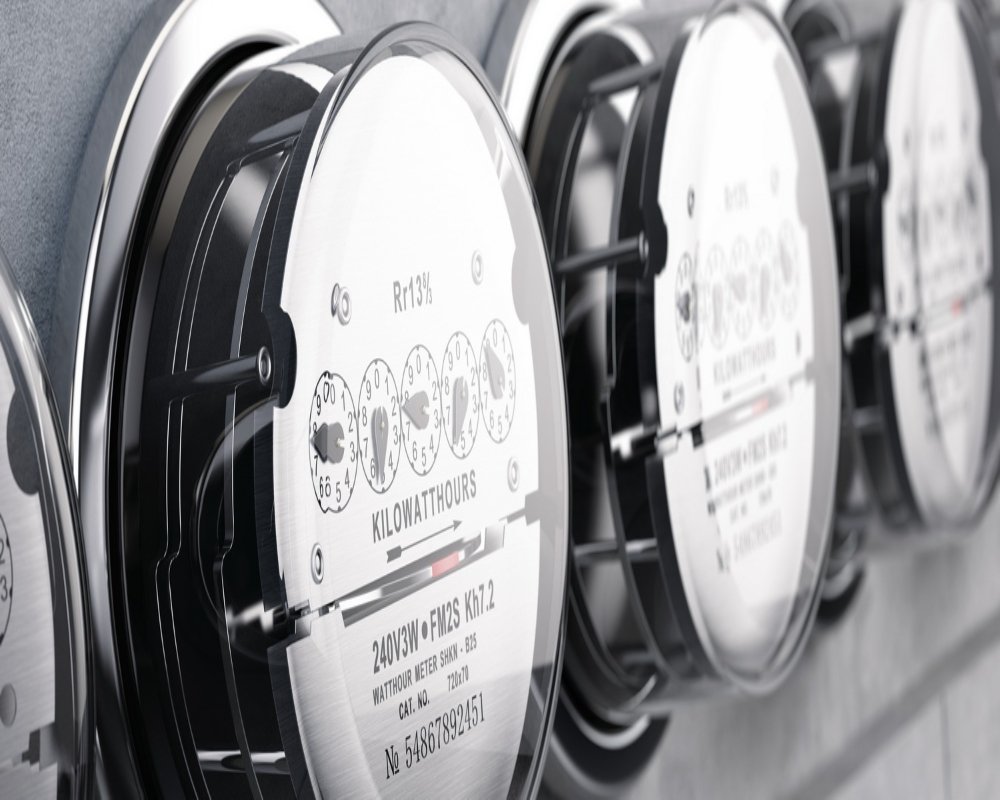Introduction
In the realm of commercial utility management, metering systems play a crucial role in tracking and controlling energy consumption, water use, and other utility services. These systems allow businesses to monitor and manage their utility consumption in real-time, offering insights that can lead to significant operational cost savings, regulatory compliance, and sustainability improvements. As commercial facilities face rising utility costs and increased environmental scrutiny, the integration of efficient metering systems is becoming essential for businesses aiming to optimize resource use and improve efficiency.
Types of Metering Systems
There are several types of metering systems employed in commercial settings, depending on the utility being monitored. Common metering systems include:
- Electricity Meters: Used to track energy consumption, electricity meters can range from simple analog meters to advanced smart meters that provide detailed usage data in real-time.
- Water Meters: These track water consumption, helping businesses identify leaks, optimize usage, and comply with water conservation regulations.
- Gas Meters: Used to measure natural gas usage, gas meters are important for commercial facilities that rely on gas for heating, cooking, or industrial processes.
- Thermal Meters: These meters are used to measure heating or cooling energy in systems such as district heating or cooling plants.
Advanced Metering Infrastructure (AMI)
Advanced Metering Infrastructure (AMI) refers to a network of smart meters that provide real-time data collection, remote reading, and automated data transmission. AMI systems enable commercial users to monitor consumption patterns, detect inefficiencies, and make proactive adjustments without manual readings. These systems provide granular insights that support energy-saving measures and assist in demand response initiatives.
Meter Data Management (MDM)
Meter Data Management systems collect, store, and analyze the data generated by metering systems. MDM platforms provide utility managers with powerful tools to track consumption trends, perform detailed analysis, and create accurate billing. These systems are integral to optimizing energy use, identifying irregularities, and implementing cost-saving measures.
Submetering for Tenant Spaces
In multi-tenant commercial buildings, submetering is often employed to separately track utility usage for individual tenants. This allows for fair billing based on actual consumption, helping building owners manage operating costs and encouraging tenants to reduce energy or water use. Submeters can be installed for electricity, water, and gas services.
Real-Time Monitoring and Control
Modern metering systems are equipped with real-time monitoring capabilities, which allow businesses to view their utility consumption on an ongoing basis. By providing access to instant usage data, these systems help identify inefficiencies, such as overuse, leaks, or equipment malfunctions, allowing for rapid intervention and reducing waste.
Cost Allocation and Billing Transparency
Metering systems enable clear, accurate, and transparent billing by tracking actual consumption rather than relying on estimates. In commercial properties, where multiple tenants or departments share a utility service, metering systems ensure that costs are allocated fairly and accurately, improving customer satisfaction and promoting accountability.
Regulatory Compliance and Reporting
Commercial businesses are often required to comply with local, state, or national regulations related to utility usage. Metering systems provide accurate data to support compliance with environmental regulations, such as limits on energy use or water consumption. These systems also streamline the reporting process, reducing the administrative burden of manually tracking and reporting utility usage.
Energy Efficiency and Sustainability
By providing businesses with the data necessary to identify inefficiencies, metering systems play a crucial role in energy efficiency efforts. Commercial facilities can use the insights gained from metering data to make informed decisions on energy-saving upgrades, such as lighting retrofits, HVAC optimization, or process improvements, leading to long-term sustainability and cost reductions.
Maintenance and Troubleshooting
Metering systems can also help with maintenance and troubleshooting efforts. For example, by identifying unusual consumption patterns or potential faults, businesses can detect equipment malfunctions or inefficiencies early, reducing downtime and repair costs. This proactive approach to maintenance ensures smoother operations and minimizes service disruptions.
Integration with Building Management Systems (BMS)
Metering systems can be integrated with Building Management Systems (BMS) to offer a comprehensive solution for monitoring and managing utility use within commercial buildings. By linking utility metering data with other building systems, such as HVAC, lighting, and security, businesses can optimize overall building performance, reduce waste, and lower operational costs.
Conclusion
Metering systems are a vital component of commercial utility management, enabling businesses to track, manage, and optimize their energy, water, and other utility usage. From advanced smart meters to submetering in multi-tenant properties, these systems provide detailed insights into consumption patterns, supporting better decision-making and operational efficiency. By incorporating metering systems into their utility management strategy, commercial businesses can reduce costs, enhance sustainability, ensure regulatory compliance, and improve tenant satisfaction.
Hashtags
#MeteringSystems #UtilityManagement #CommercialUtilities #EnergyEfficiency #SmartMeters #DataAnalytics #Sustainability #EnergyManagement #UtilityBilling #ResourceOptimization #IoT #EnergyMonitoring #CostReduction #SmartGrid #CommercialEnergy #MeterData #DemandResponse #EnergySavings #UtilityInnovation #MeteringSolutions


